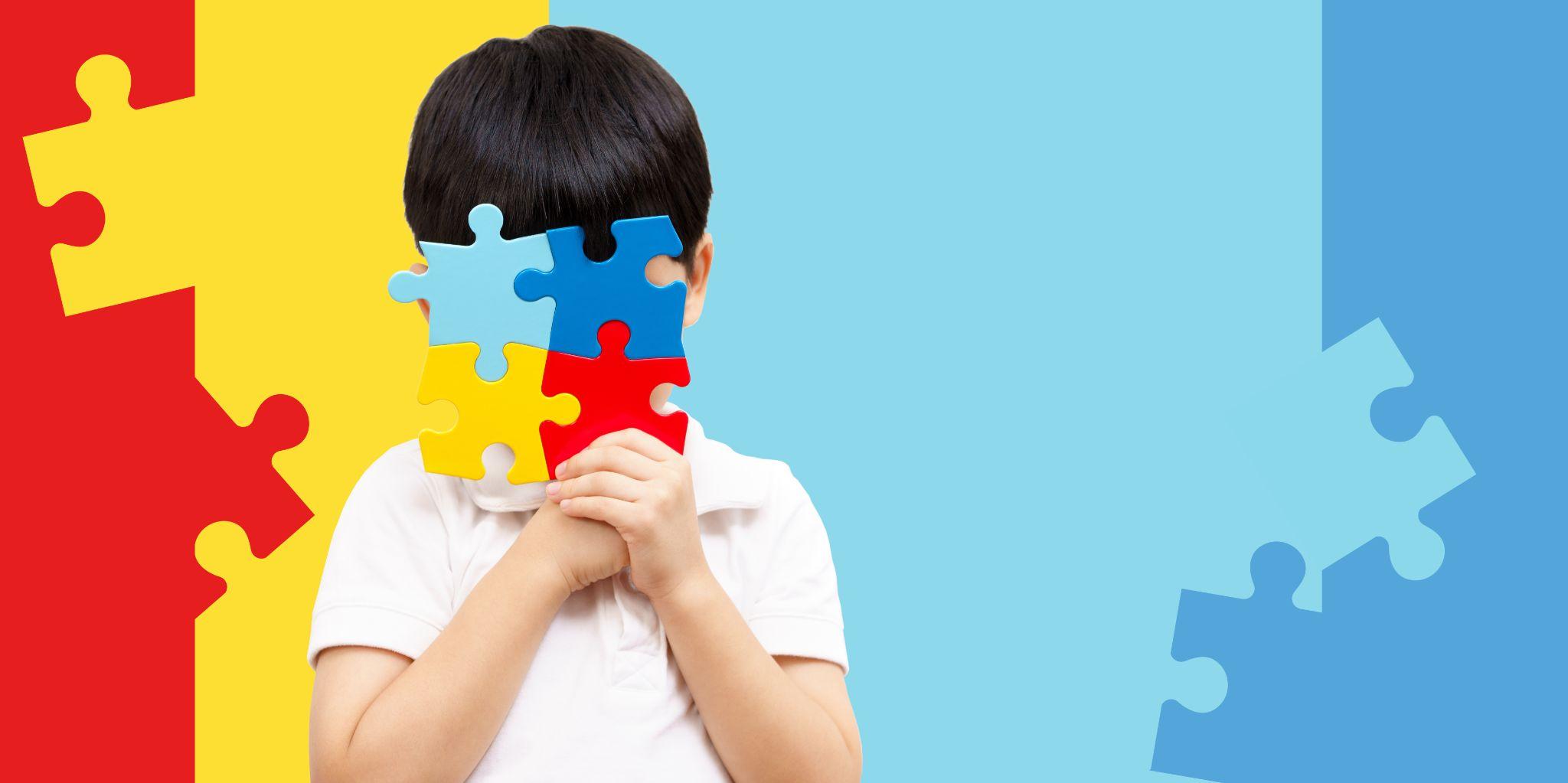
Wear face mask for long time during Epidemic.
How to make children learn to “look at people’s eyebrows and eyes”?
Parenting Tips Written by: Hong Kong Speech and Swallowing Therapy Centre Senior Speech Therapist Eunice Siu In our daily interactions with others, we not only observe others’ behaviors, but also “explain” and “predict” others’ behaviors. Theory of mind is the ability to infer or substitute other people’s mental states, such as their thoughts, beliefs, desires, and intentions, etc., and to use this ability to explain other people’s thoughts, perceptions, and predict their behaviors. Theory of mind can be subdivided into “emotion recognition”, “beliefs” and “pretend play”. The developmental period for children’s theory of mind is from approximately 3 to 7 years of age. However, before the age of 3, children need to master the



